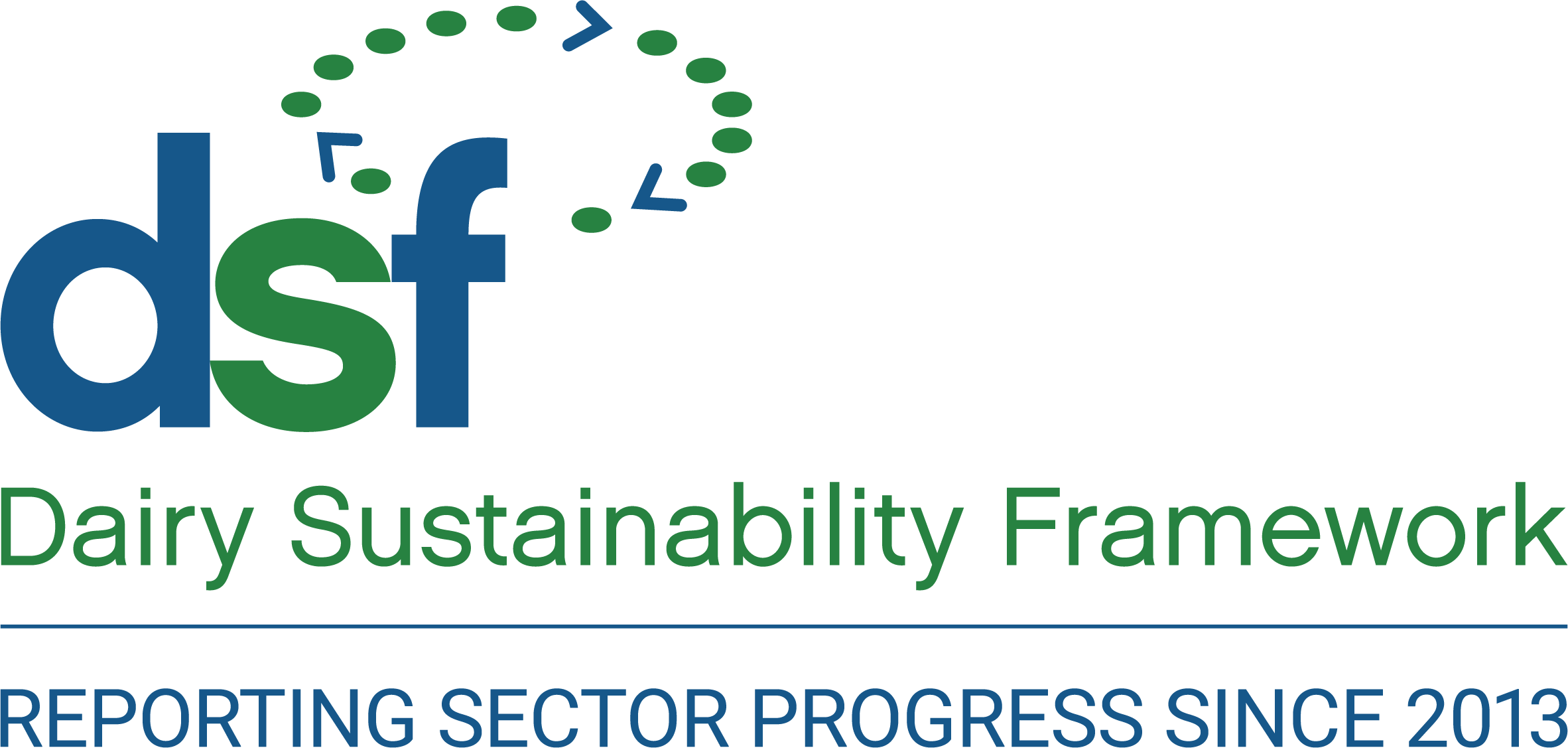September Food for thought…
September Food for thought…
• Could we breed cows that emit less methane?
• Silage plastic recycling trial
• New virtual course focuses on adaptation to climate change in the livestock sector
• World’s first climate-friendly ice cream made with milk from cows eating methane-reducing ruminant feed
• Daffodil extract could reduce methane emissions in dairy cows by 30%
Could we breed cows that emit less methane? From Penn Today, University of Pennsylvania Reducing methane emissions from livestock would benefit farmers and the environment. In a first step towards breeding low-methane-emitting cows, researchers from the University of Pennsylvania School of Veterinary Medicine and Pennsylvania State University have identified key differences between cows that naturally emit less methane than average. Read the article
Silage plastic recycling trial from Australian Dairy Industry Council. Dairy Australia’s innovative Silage Plastic Recycling Trial in Western Victoria has been successfully completed. The lessons learned are now being used to work with private industry to develop a long-term solution for responsible disposal of plastic on farms. Read the article
New virtual course focuses on adaptation to climate change in the livestock sector from FAO. FAO Virtual Learning Centres have launched a new self-paced virtual course to address mounting concerns over climate change and its potential impact on livestock production. The course consists of four modules and can be accessed via a range of platforms and provides and understanding of the concept of climate-related risks, key global climate trends and potential impacts on the land-based livestock supply chain. More details.
World’s first climate-friendly ice cream made with milk from cows eating methane-reducing ruminant feed from FoodNavigator. What’s billed as the world’s first climate-friendly ice cream made from low-emission has arrived at tasting event in London. Read the article
Daffodil extract could reduce methane emissions in dairy cows by 30% from FeedNavigator.com. Scientists from Scotland's Rural College (SRUC) have successfully extracted a chemical from daffodils called haemanthamine. Read the article
